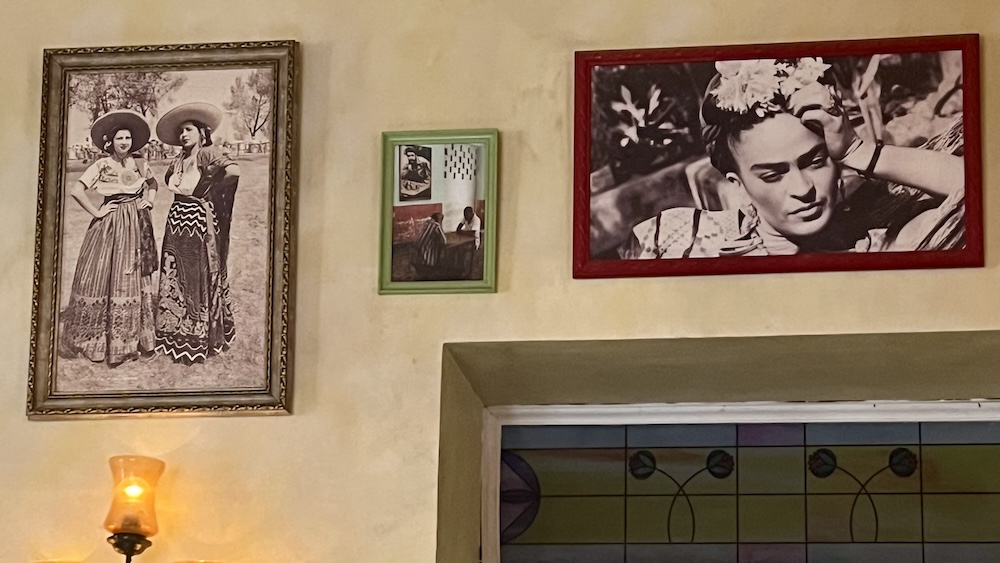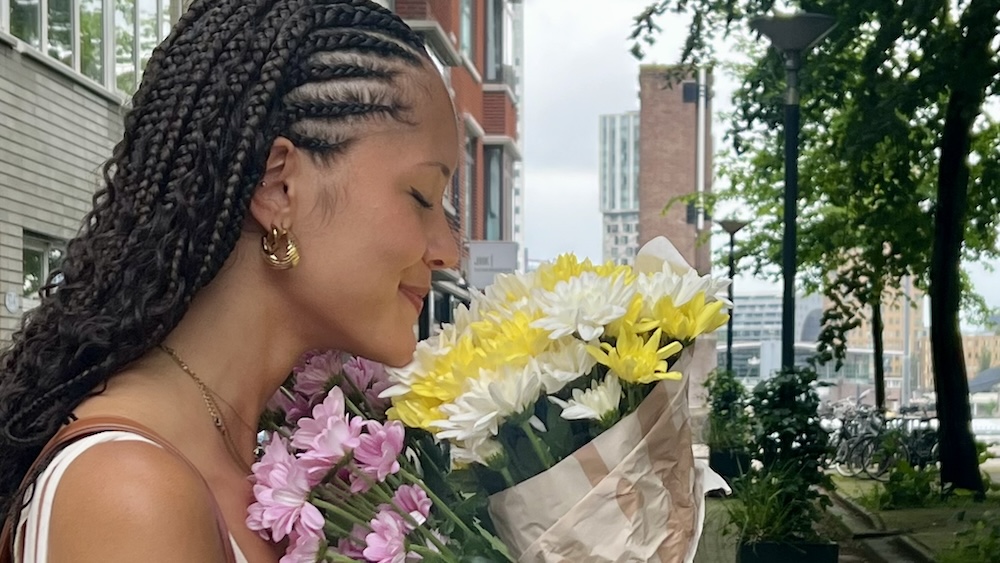Third culture kids might have won the lottery when it comes to travel, mobility, and freedom, but what happens when nowhere feels like home? There may be more than one way to find it.
Markian sat in his empty apartment, boxes stacked around him. Memories of the past three years lingered, but the expected pang of sadness never came. Despite the happy times, this place had never truly felt like home.
He had lost count of how many times he’d uprooted his life. With multicultural parents, he had lived across continents and cultures, but the feeling of home had always eluded him.
“I do envy sometimes the people who grew up in the same place their whole lives, with their parents, who have childhood friends that they’ve known since they were like three years old,” said the 27 year old.
Markian is part of a growing group known as Third Culture Kids (TCKs), those who move with their parents from one country to another. According to the United Nations, there are more than 31 million TCKs worldwide. A study suggests that 73% of TCKs struggle to feel like they belong anywhere.
“I think the biggest problems for me are a lack of rootedness, meaning I don’t have a place where I go to walk around my village or a barber who knows exactly my hairstyle,” said Markian. “I’m still figuring out. I don’t have those group of friends that I grew up with my whole childhood.”
Ruth Van Reken, a leading expert on TCKs, says what sets them apart from children of migrant parents is a deep sense of impermanence. Whether raised by expat parents or attending international schools, TCKs grow up with an unspoken understanding that their stay is temporary.
“TCKs who are living outside their parents’ culture, the mobility has always been a big factor in the traditional TCK. … So that’s why in our new definition we’re gonna use the word impermanence, that it’s not the feeling of being permanently there even though you may be permanently there, but the sense is I’m probably gonna move some day because I’m living in this lifestyle.”
“Home for me is where the people are, not where I come from.”
Jinoos experienced this first-hand. Her parents’ jobs and multicultural background meant that she and her sister went from one international school in Tanzania to South Africa to the Netherlands. When she finished high school, her university education abroad meant that she would be staying in places for even a shorter amount of time.
“Nothing is ever yours. I don’t know if that makes sense, but like I hate the fact that you’re moving from house to house and the things in there are so temporary because I mean you might not be able to furnish it the way you want,” said the 23 year old.
“I get so discouraged when I’m moving from house to house because I know I’m not furnishing it for myself, furnishing it very practically. I am getting this couch because it’s practical, not because it’s a couch I actually wanted, you know, or I don’t want to hang things up on the wall, because just to take them down anyway.”
Many TCKs face a life shaped by circumstances beyond their control. As adults, the impulse to keep moving often continues. For Ayah, home becomes less about geography and more about people.
“I don’t have a home, I think home for me is more where the people are, not where I come from,” said the 22 year old. “Because of moving around a lot, my family wasn’t able to be a family because you’re constantly moving your life and going and restarting … so my home is never what you would picture with a family at home staying together, eating together. It was always kind of scattered.”
While this is a common feeling for TCKs to feel at home with people more than places, Dr Rachel argues that constructing a narrative that positions TCKs as chronically homeless can be a cop out; safe on the surface, without allowing TCKs to believe that they cannot settle down.
“I think we are just uncomfortable around the idea that TCKs don’t have a home, and we don’t say that so we say other things. In the mission world it was home is in heaven. Well, that’s convenient. … And that gives a lot of comfort to a lot of people.”

Even as adults, TCKs can be on autopilot to keep moving. Is their life of mobility truly a choice to be free or an inability to stay?
“It’s using the same idea that home arrives. Home is a thing that just happens, so if home is a geographical location. It just happens cause we live there. Or home is people, and it just happens because we love people, but what if home was constructible and reconstructable?”
Dr Cason explains that a sense of autonomy needs to be established for TCKs, one that makes it a choice, not a deficiency, whether they decide to stay or leave. Once that is established, TCKs can unlock a variety of ways that they can feel at home, one that allows them to enjoy their freedom.
“A very typical TCK reaction is I won’t put anything on the walls. I won’t take books out of the boxes. I will just be slightly unsettled and wonder why. Whereas, actually, what is good for the psyche is to make your home space a reflection of you. Make it easy to live there … almost as if you expect your space to accommodate you … and then you have a nice experience, and then we know we can do it.”
“I feel home sick towards my partner more than I feel homesick towards my family, or my house.”
Markian established a routine everywhere he went that made him feel at home. Yet his need to belong was always present. This inspired him to take matters into his own hands and take the initiative to create his own personal project that would change how those with similar backgrounds form a sense of home.
“So I thought, what if I created a community because we know that belonging for TCKs comes from being in relation to other third culture kids. So when you’re around others who get you, you feel a sense of belonging… So I’ve decided to create a community or just host a couple meet-ups, and people really connected with it. People clicked. They formed friendships, and I was like wow this is really special.”
Those gatherings grew into a worldwide club called TCK Home, offering a portable sense of belonging wherever its members move.
Although the club started in Paris, the demand for it was worldwide as the posts about the event went viral on Instagram. Markian was then able to recruit different members of the club to carry out his mission and organise events in their own cities, starting with Madrid and London.
Solveig, the leader of the TCK Home in London, said, “I look like I’m Italian. I sound like I’m American. My name is Swedish, and I am a TCK. … I always feel like I didn’t fully belong anywhere. It’s definitely been a very difficult, tricky path. My life has been a lot of existential crises.”
Previously having lived in Chicago, Italy, and now London, Solveig had decided to no longer feel lonely in a new city.
“I really really remember how it felt to move to London, and I felt like I didn’t have a community. And now I’ve been lucky enough to build one for myself and my own life, and I kinda wanna do that for other people who are here in London and just meet and have a lot of TCK friends, because I always get along with people who have grown up across cultures…I’ve spent so many of my years in the late teens and 20s trying to find where I belong, and now i found that I can build the place where I belong with other people like me.”
Ayah would also agree that a sense of belonging and stability can be truly found beyond the traditional understanding of a four-walled home.
“I feel homesick towards my partner more than I feel homesick towards my family or my house, because I’m like that’s how I feel at home, so with a certain person not necessarily attached to a place,” said Ayah.
“I think my relationship really showed me also what a home could look, or what a family could look like … I finally have a sense of home, also being introduced to his family, which are really a family.”
Jinoos, however, pursued a different path. She took every opportunity to keep moving in the hopes of finding a place that feels like home. At times she wonders if that place might, Tanzania, the first place she ever called home.
Yet the perk of growing up as a TCK is that she can have multiple homes. And why choose one when you can have multiple?
“I’ll always have my base in Tanzania, and I think Europe has always had a very special place in my heart because my formative years were there, so I never could ignore that side of myself. I do appreciate it, and I do want to put a hold in Europe so I think I’ll always have two foot, always”
For Markian, the excitement comes from the freedom of the unknown.
“I do see myself having chapters of my life where I’m very rooted, perhaps 10 years in one place and then perhaps chapters after that where I’m a nomad for a couple of years, and it’s kind of been like that in my life, it’s been through cycles.”
Yet whether Markian chooses to settle somewhere permanent or continue to find a home through connections, it will be coming from a place of freedom to choose.
Only in another life does Markian never leave his parents’ house. He would meet his childhood friends at the bar where the bartender already knows his usual. He could feel the warmth of home, yet as he walked back, a quiet restlessness would stir, making him wonder what else lay beyond his familiar streets.
